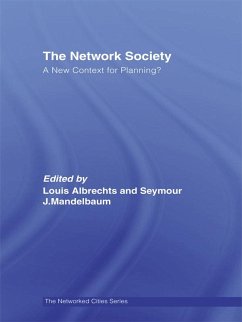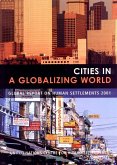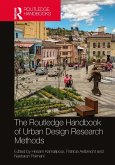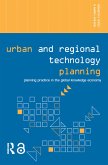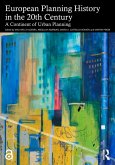The first section looks at models of the Network Society. The second looks at the impact of physical networks such as transport. The third discusses challenges for Planners raised by society's increased reliance on new technology. The fourth examines local networks including community networks and the possibilities of setting up local networks for disaster recovery. The final part compares spatial and policy networks and looks at the institutions involved.
This book is essential reading for graduate level courses in urban studies, city and regional planning, and urban design. With its clear structure - unitary sections but a diversity of perspectives - the book can be used easily in courses such as Planning Theory, Urban Infrastructure and Public Policy.
Dieser Download kann aus rechtlichen Gründen nur mit Rechnungsadresse in A, B, BG, CY, CZ, D, DK, EW, E, FIN, F, GR, HR, H, IRL, I, LT, L, LR, M, NL, PL, P, R, S, SLO, SK ausgeliefert werden.

